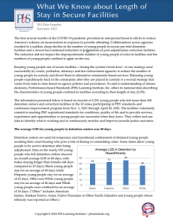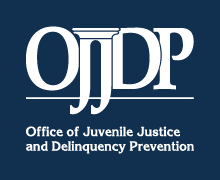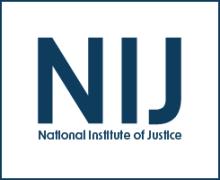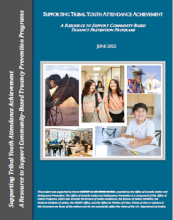Alaska Natives
Refining Asian Ancestry Classifications via Cranial Macromorphoscopic Traits
Tribal Law Enforcement in the United States, 2018
Investigating Disparities in Behavior and Care Between Alaska Native and White Victims of Sexual Violence: The Importance of Culturally Competent Nursing Care
Drug and Alcohol Use Reported by Youth in Juvenile Facilities, 2008–2018 – Statistical Tables
Findings from the Federal, State, and Tribal Response to Violence Against Women in Indian Country Studies
Mentoring and depressive symptoms of youth: Examining prospective and interactive associations with mentoring relationship quality
Embracing Tribal Culture to Build Research Partnerships
Victim-Survivors' Prioritization of Reasons for Non-Reporting Adult Sexual Assaults to Law Enforcement
Victim-Survivors' Prioritization of Reasons for Non-Reporting Adult Sexual Assaults to Law Enforcement
Supporting Tribal Youth Attendance Achievement: A Resource to Support Community-Based Truancy Prevention Programs
Tribal Crime Data Collection Activities, 2022
Tribal Crime, Justice, and Safety, Part 2
Stacy Lee Reynolds and Christine (Tina) Crossland continue their discussion of tribal crime, justice, and safety, including how Native American persons experience crime victimization at higher rates than non-Native people and the jurisdictional complexities in responding to tribal crime, justice, and safety. Read the transcript.
Listen to the first half of Stacy and Tina’s discussion.
Reading and Resources from NIJ
Tribal-Researcher Capacity Building Grants
Tribal Crime, Justice, and Safety
Tribal Crime, Justice, and Safety
Tribal Crime, Justice, and Safety, Part 1
Research indicates that Native American persons experience crime victimization at higher rates than non-Native people. Furthermore, the unique position of American Indian and Alaska Native tribes as both sovereign nations and domestic dependents of the U.S. creates jurisdictional complexities in responding to crime, justice, and safety. Senior social and behavioral scientist Christine (Tina) Crossland discusses NIJ’s research on these topics, especially on the prevention of violence towards American Indians and Alaska Natives. Communications Assistant Stacy Lee Reynolds hosts.









